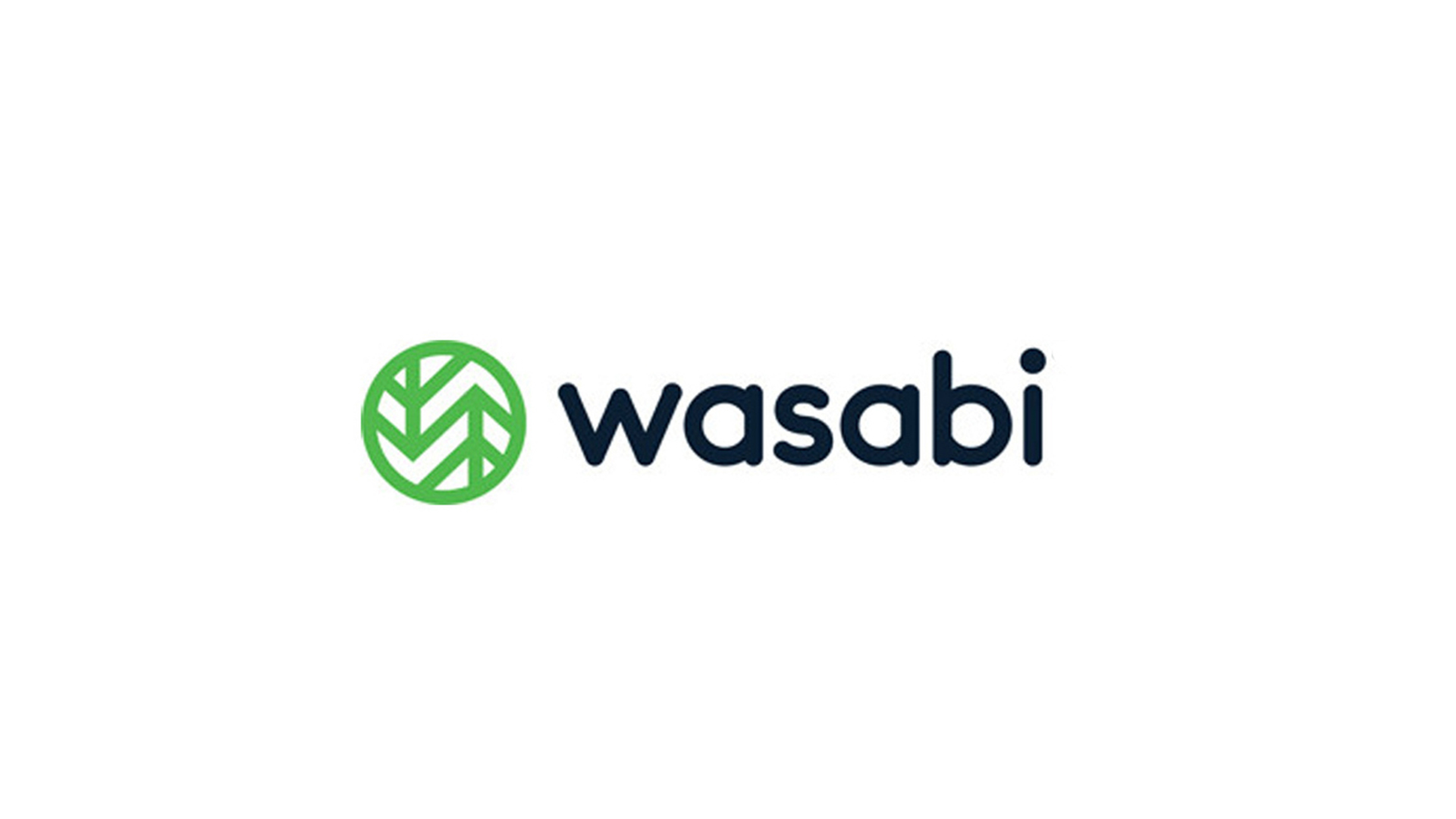E-commerce: a world of reseller possibilities
Participation in online retail is at booming – so what should a reseller look for in a platform partner?

The global e-commerce market has been booming for a number of years, with key drivers of merchant success including mobile, omnichannel and marketplaces. In 2016, global online retail sales will hit $1.6 trillion rising to $3.5 trillion in 2019. The interaction between online and offline sales has never been so important to consumers and potentially fruitful for technology providers.
When we discuss big retail numbers, we most commonly think about online giants such as Amazon, eBay and Walmart. However, the remarkable course of e-commerce has been an SMB phenomenon – in fact, if we look at Amazon, some 45 percent of all goods are sold on the Amazon Marketplace by SMB retailers. On eBay, SMB merchants have accounted for a 20 percent annual growth rate over the past five years.
Thus, the market for retail technology is surging as a result. Recently, we have seen Salesforce acquiring Demandware for $2.8bn in pursuit of a slice of the e-commerce market. According to Forrester, spend on e-commerce technology globally stands at $2.6bn today and will double by the end of the decade. At a time when the demand for cloud business applications is rising by 20 percent a year, it seems remarkable that many resellers still do not offer e-commerce.
Advancements in e-commerce platforms mean that it is now possible for any service provider to offer a powerful, yet easy to use e-commerce solution with ease. For example, we are seeing more hosting providers, of all shapes and sizes, seeking to adopt or update e-commerce offerings in light of this potential.
For the reseller, addressing the e-commerce customer has some excellent benefits. The e-commerce user offers a high level of ARPU and customer lifetime. Value-added resellers have much potential to combine with other value added services. In fact, the market for associated design, implementation and support services comprises an additional $6bn today, rising to $10bn by end of 2019.
Of course, this attractive market has not gone unnoticed. E-commerce pure players, such as Shopify, have seen remarkable growth. The valuation of these providers serves to underline the high value of e-commerce customers. For example, Shopify achieves a market value of $2.5bn from a relatively modest installed base of 275,000 SMB merchants worldwide as opposed to a market value of only $5bn for GoDaddy with more than 14m hosting clients.
So, how does a reseller explore e-commerce for the first time, and what should they look for in a platform partner? It is true that e-commerce means rapidly evolving technology. The strongest platforms today will fully enable cloud agility and ensure the widest set of merchant needs can be fulfilled.
ChannelPro Newsletter
Stay up to date with the latest Channel industry news and analysis with our twice-weekly newsletter
While there are options across both Open Source and Software-as-a-Service, the right choice will depend on a reseller’s customer needs for design, maintenance, security etc. There are now very effective plug-ins for site builders and CMS platforms like WordPress, as well as feature-rich standalone shop packages. A fully managed white label SaaS platform will deliver the end user a high quality, robust, all-inclusive service whilst freeing up the reseller to focus on sales.
The best platforms make powerful e-commerce solutions plug and play. It is essential that your e-commerce partner works hard to evolve in line with all the best and fully localised integrations, payment and shipping methods and apps that shoppers demand.
Philbert Shih of Structure Research, a leading analyst to the cloud industries, agrees: “To keep up with the requirements of online retailers and their customers, the best e-commerce platforms will have to be current with features and functionality related to payment and shipping features. Today’s demanding consumers desire and trust only the latest tools. This is crucial to the user experience, which in turn goes a long way to determining success for merchants".
Of course, successful merchants will mean successful resellers. Customers that thrive will seek further e-business products and services. Do partner with a global-scale provider whose experience and technology partnerships you can benefit from. For example, SaaS platforms with their own Apps Store and development programmes can deliver your customers timely access to the latest tools for competitive advantage online.
For the reseller, the right e-commerce partner will offer a multi-discipline, integrated approach to implementing or modernising your shop offerings. Consult the e-commerce platforms that specialise in serving the hosting and telco space – they will naturally prioritise your needs as a reseller. You can now expect tailored consulting, solution design, technical implementation, and application management and marketing.
The best e-commerce partners will be also able to offer you quality white-labelled options for hosting, design services and customer support. With so much potential to share in the retail success of your hosting customers, now is certainly a wise time to scope out your options.
Wilfried Beeck is CEO ePages, epages.com
-
 Why keeping track of AI assistants can be a tricky business
Why keeping track of AI assistants can be a tricky businessColumn Making the most of AI assistants means understanding what they can do – and what the workforce wants from them
By Stephen Pritchard
-
 Nvidia braces for a $5.5 billion hit as tariffs reach the semiconductor industry
Nvidia braces for a $5.5 billion hit as tariffs reach the semiconductor industryNews The chipmaker says its H20 chips need a special license as its share price plummets
By Bobby Hellard
-
 Selling on outcomes, not solutions – how the channel can improve sales success in 2025
Selling on outcomes, not solutions – how the channel can improve sales success in 2025Industry Insights The traditional solutions-led approach to channel sales needs to be adapted – here’s how
By Phil Skelton
-
 Wasabi Technologies promotes Jon Howes to SVP of global sales
Wasabi Technologies promotes Jon Howes to SVP of global salesNews The industry veteran will lead the cloud storage firm’s global sales operations as it looks to further growth
By Daniel Todd
-
 Why technology resellers are essential to UK government
Why technology resellers are essential to UK governmentIndustry Insight Technology resellers can play a pivotal role in supporting public sector digital transformation
By Sean Collins
-
 How the channel can maximize market opportunities for business growth
How the channel can maximize market opportunities for business growthIndustry Insight Adapting to emerging technology trends, fostering closer client relationships, and building a strong online presence will be key to maximizing channel growth
By Anton Shelepchuk
-
 Understanding the customer journey is key to building stronger client relationships
Understanding the customer journey is key to building stronger client relationshipsIndustry Insight Understanding the complexities of the modern customer journey will be key to fostering robust, long-term relationships with clients
By Tony McNish
-
 Building channel resilience in 2023 and beyond
Building channel resilience in 2023 and beyondIndustry Insight Building a resilient, robust channel ecosystem could be key to weathering current economic trends
By John Nolan
-
 Veritas bolsters partner program with new incentives and rewards
Veritas bolsters partner program with new incentives and rewardsNews A simplified channel platform process will enable partners to focus on their core strengths in FY24, the company says
By Daniel Todd
-
 New Aryaka reseller program offers up to 35% deal margins
New Aryaka reseller program offers up to 35% deal marginsNews The SD-WAN and unified SASE specialist is aiming to “reignite” its reseller partnerships
By Daniel Todd